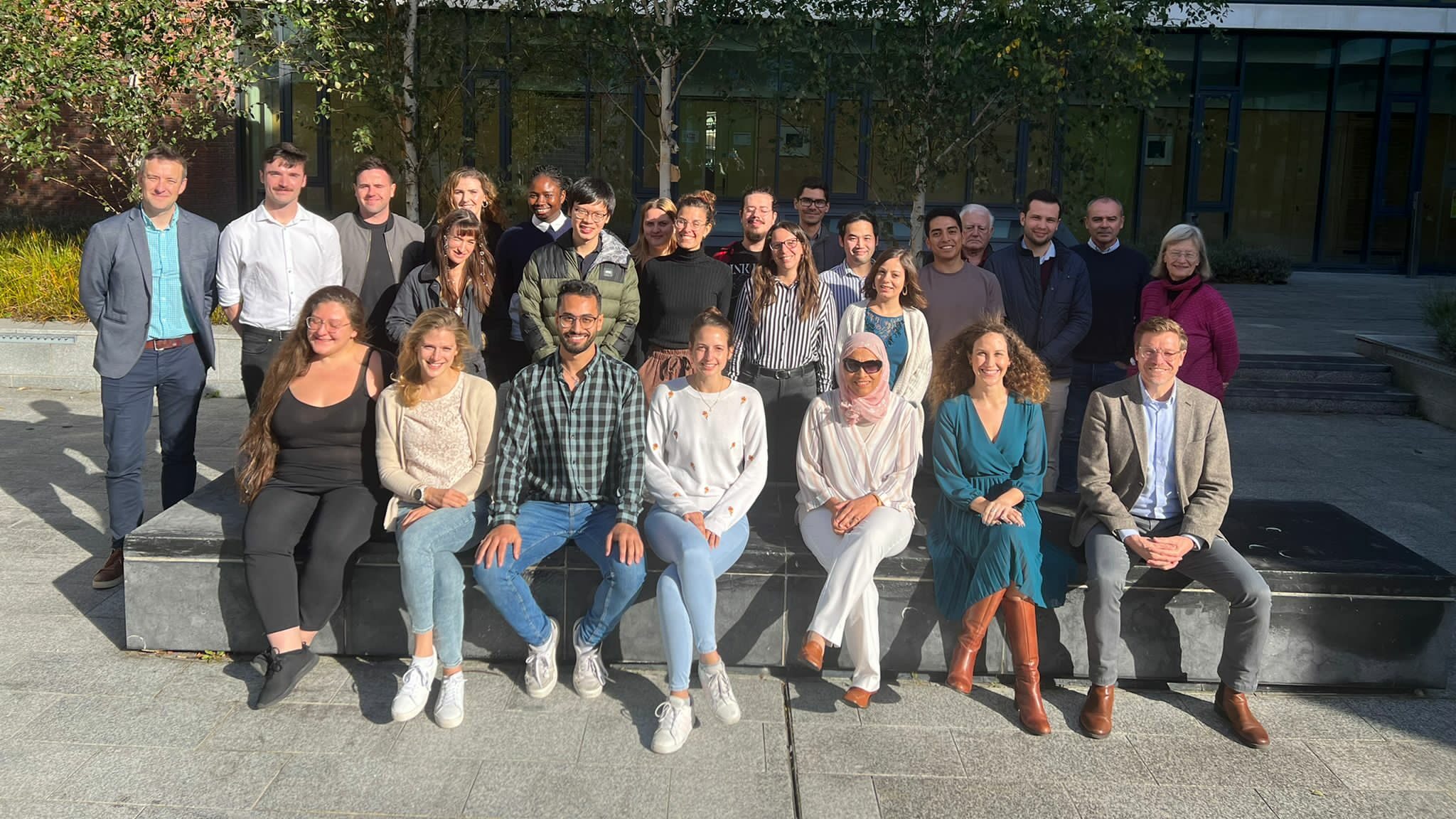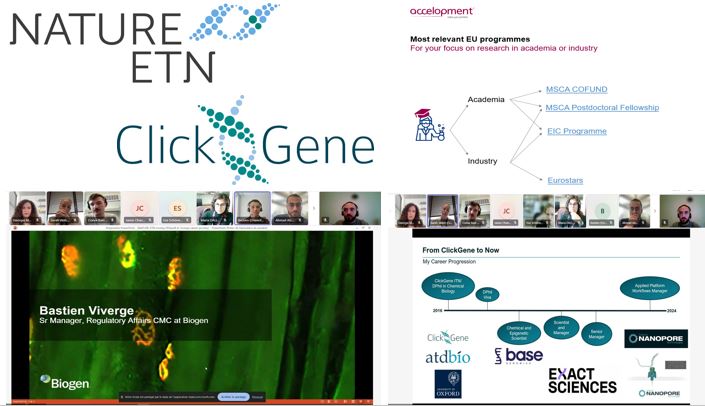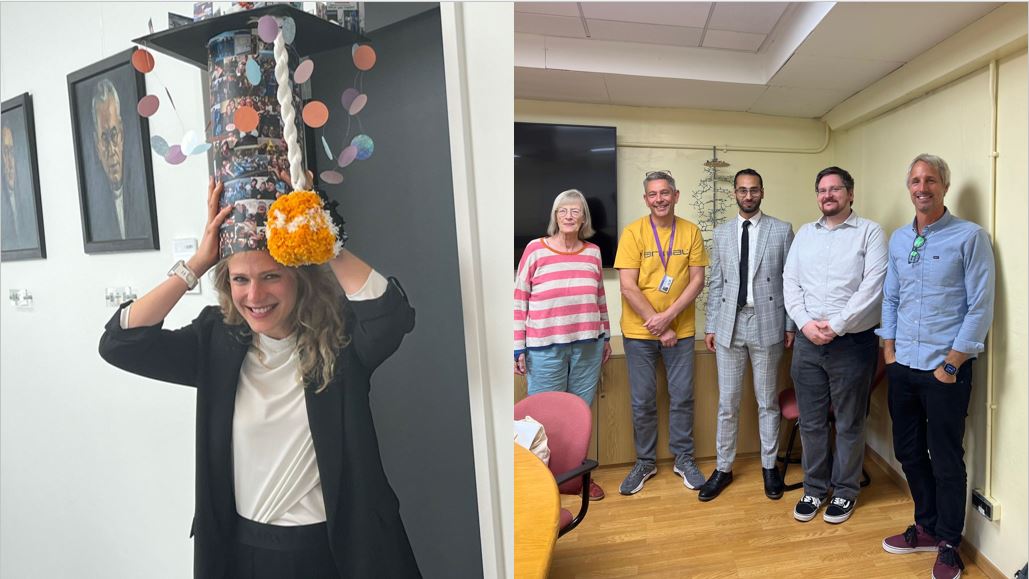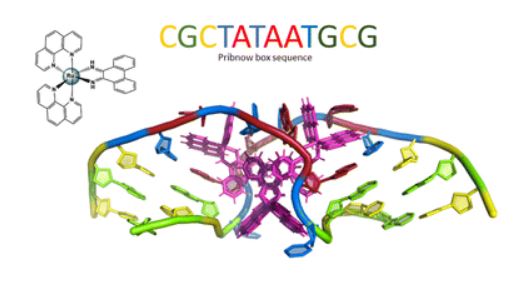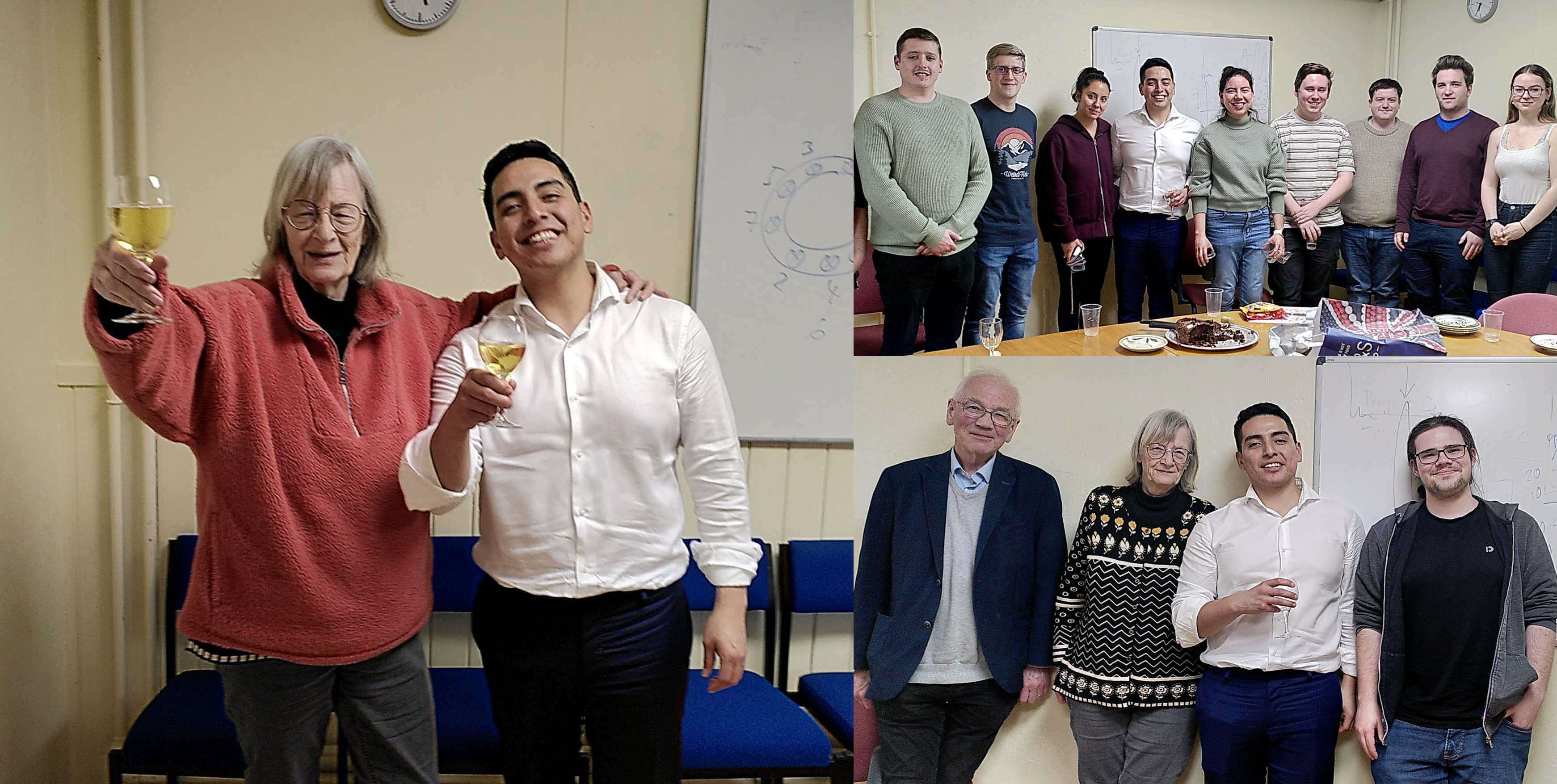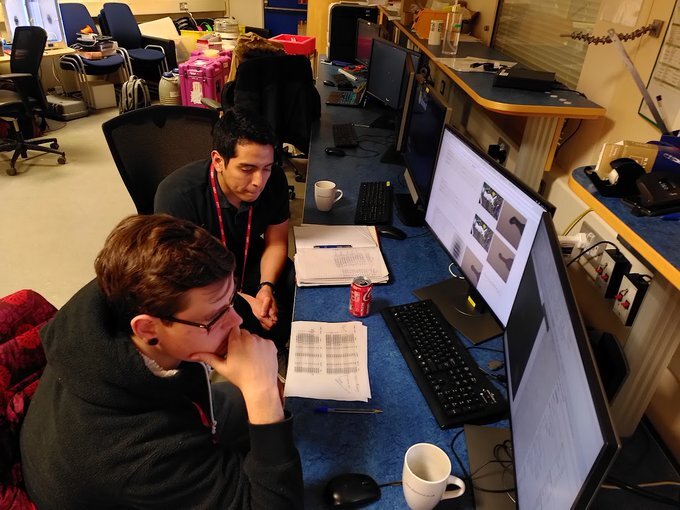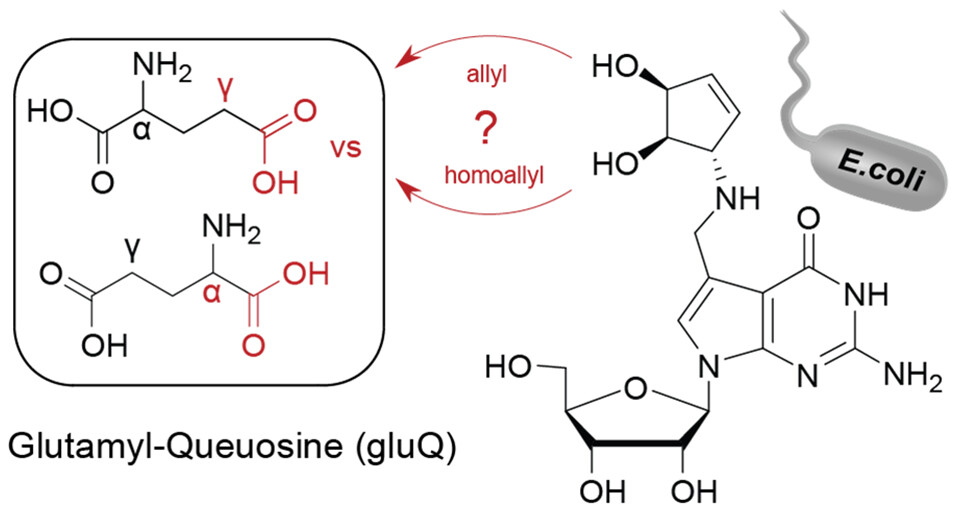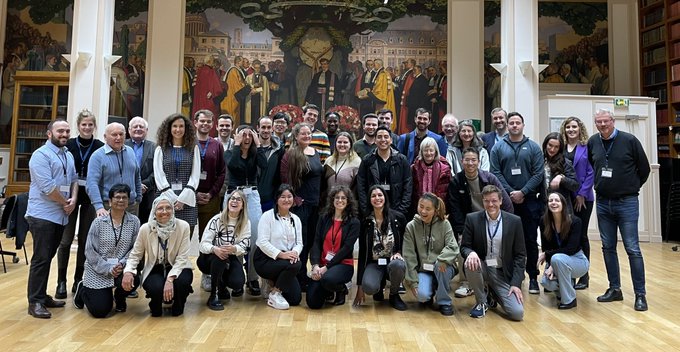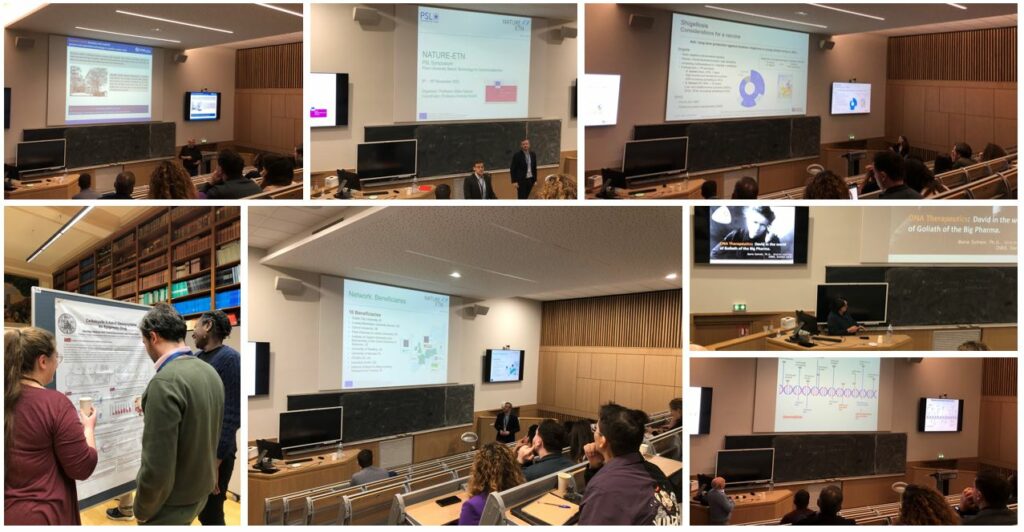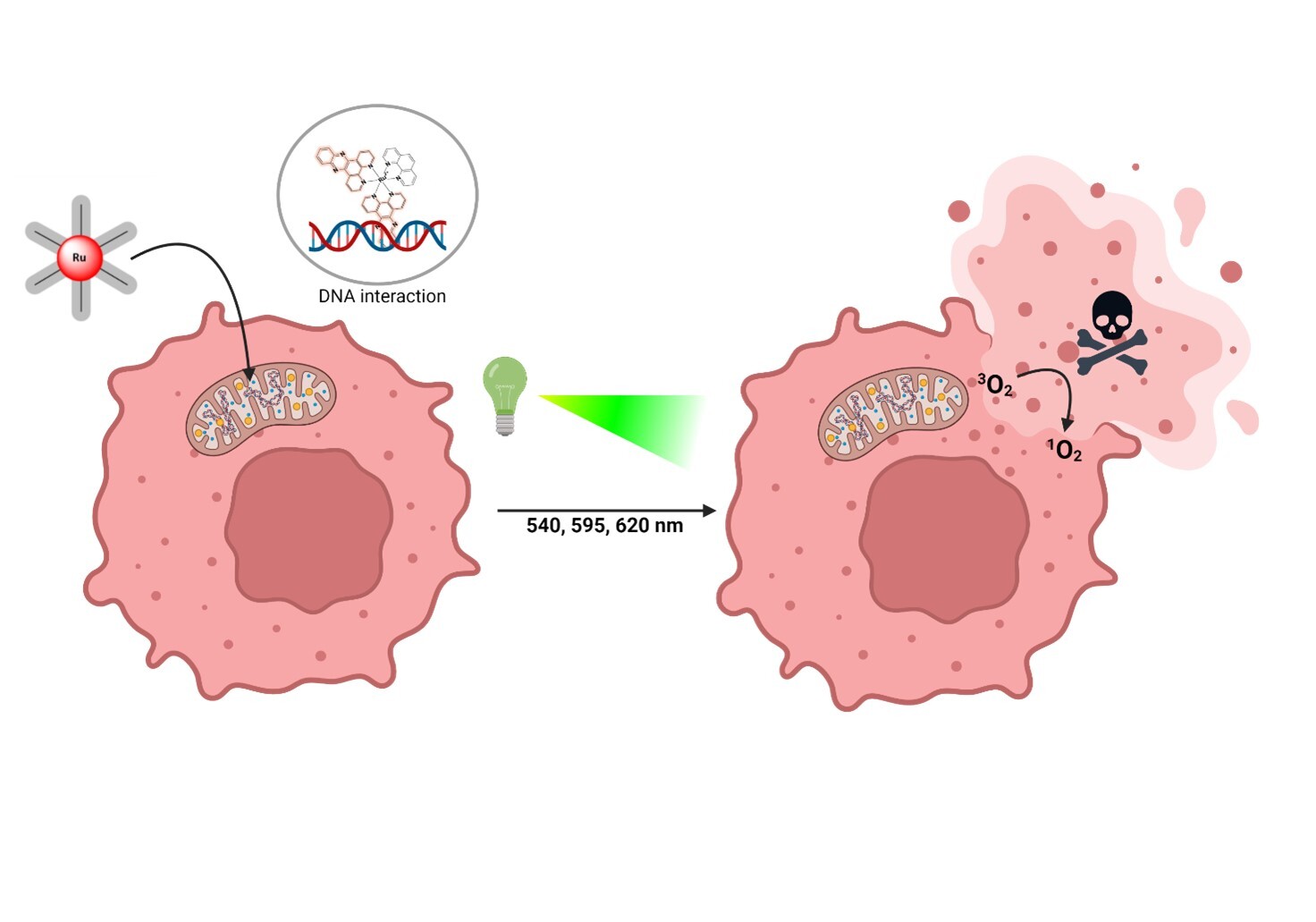The NATURE-ETN project, launched in April 2020, has officially ended. Spanning 10 beneficiary host organisations, the project recruited 15 Early-Stage Researchers (ESRs) who tackled significant scientific challenges. These efforts have led to advancements in gene-editing technologies, therapeutic oligonucleotide design, prebiotic chemistry, and epigenetic sequencing tools.
Key achievements of the NATURE-ETN initiative include the development of innovative methods for artificial gene editing using triplex-forming oligonucleotide hybrids and the synthesis of novel therapeutics targeting cancer immunotherapy and viral infections. The project has also made strides in epigenetic research, creating reagents for high-sensitivity base detection and enhancing next-generation sequencing technologies.
The project’s outcomes have been disseminated widely, with peer-reviewed publications in prestigious journals such as Nature, Angewandte Chemie, and Nucleic Acids Research. Researchers have also showcased their work at scientific conferences across Europe and in online forums, fostering collaborations and community engagement.
Training and career development were central to NATURE-ETN’s mission. ESRs participated in comprehensive training weeks that included workshops on scientific writing, publishing, and industry-focused skills.
Through its outputs and collaborative efforts, NATURE-ETN has contributed valuable knowledge and tools to its field.
We wish all the 15 ESRs all the best for their next stages of their career.

